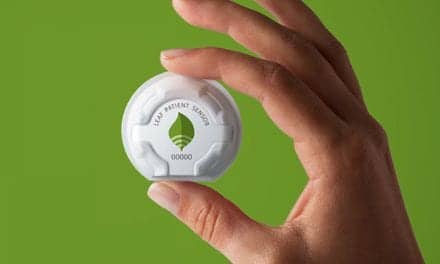Over the past several years, Sunrise Medical, Fresno, Calif, has expended great effort testing wheelchair effectiveness in relation to material make-up and design of the product.
Extensive research has been conducted with internal and external testing labs to test the so-called myths of titanium, including titanium’s perceived ability to absorb vibration, perceived weight savings, and perceived durability.
As evidenced by continued record sales, the Quickie Q7™ with its open-frame design, use of 7000 series aluminum, and ShapeLoc technology demonstrates that design, not material alone, produces a better wheelchair, the company says.
Given the market’s overwhelming support of the Quickie Q7 and recently introduced Zippie® Zone™ pediatric wheelchair that uses the same technology, Sunrise has decided to discontinue the Quickie Ti Titanium and Quickie GTi effective December 31.
In the early 1990’s, Sunrise was among the first manufacturer’s to pioneer the use of titanium in wheelchair frame design. In October 2003, it launched the Quickie® Ti Titanium–one of the first titanium open rigid frame chairs–to a favorable market response.
“The Ti Titanium was revolutionary and really transformed the market for users who knew exactly what they wanted in a chair. It was lightweight, easy to maneuver and was a great ride!” says Bob Swiney, a lifetime user of Quickie wheelchairs and a Sunrise Medical regional sales director.
In September 2009 the company launched the Quickie Q7, the lightest weight rigid chair in its portfolio. Through the use of 7000 Series aluminum and ShapeLoc technology, a complete configuration of the Q7, including wheels and wheel locks can weigh as low as 12.75 pounds. The market response was again outstanding, and Swiney is riding a Quickie Q7.
Videos summarizing the results of the extensive research can be found by visiting www.sunrisemedical.com and clicking on the Web banner titled Material vs. Design.
[Source: Sunrise]




